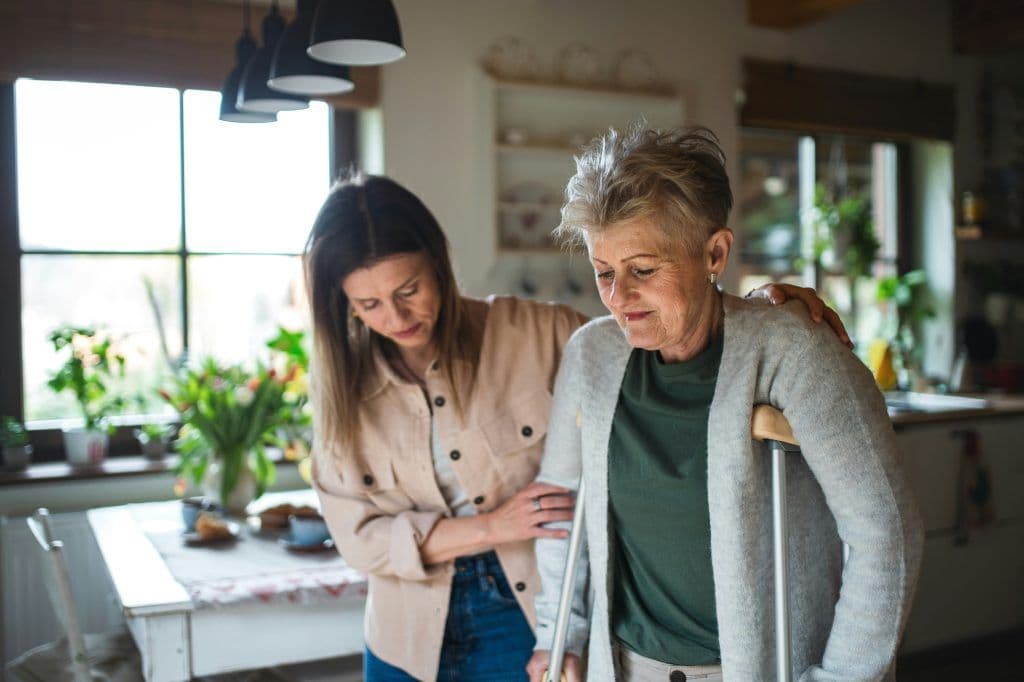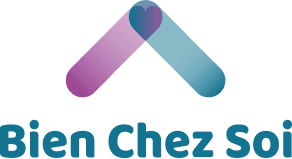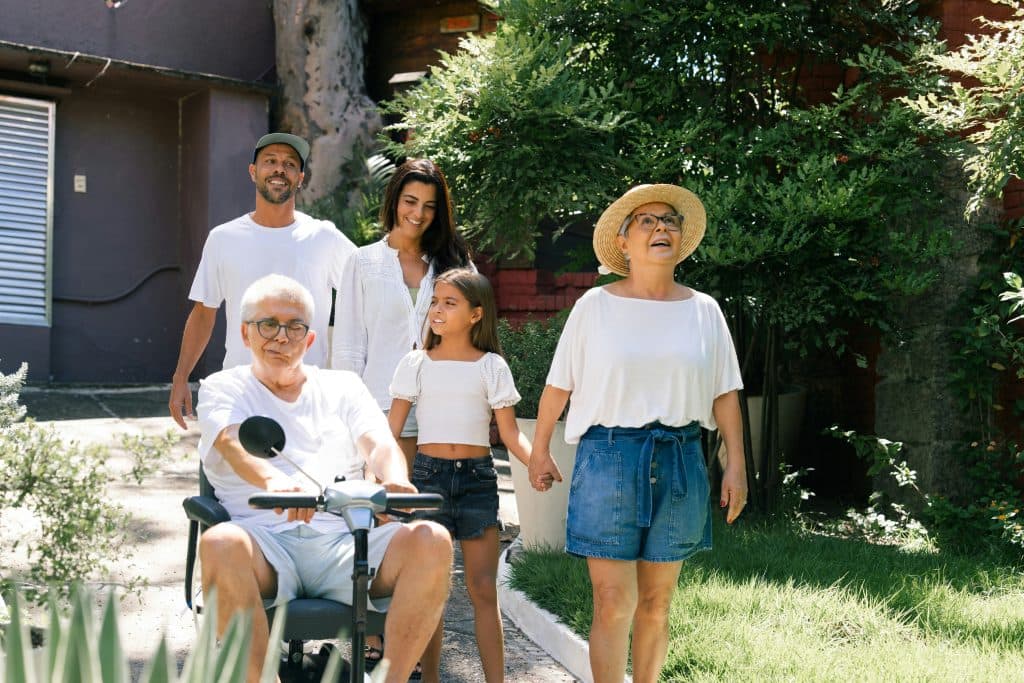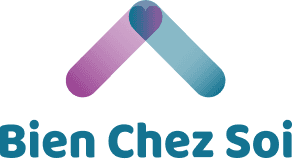A job that makes a difference
Family Auxiliary and PAB: What Are the Differences?
Scroll down

23 November 2024
|
4 min
Family Auxiliary, Personal Care Attendant... these terms are sometimes used interchangeably or mistakenly. Perhaps you also thought they were the same? Think again! Each of these roles has distinct responsibilities. Here is a brief guide to help you understand the differences.
What is a Family Auxiliary?
A family auxiliary is a person who provides home support to families, seniors, people with disabilities, etc. Their role is to facilitate daily life in the home of their clients as much as possible. Through caring actions such as housecleaning, meal preparation, grocery shopping, or organizing, the auxiliary lightens their clients' daily responsibilities and allows them to focus on what matters most.
While we mention grocery shopping, meal assistance, and housecleaning, a family auxiliary does much more than that! In reality, the type of support can vary as much as there are types of clients.
Who Can Benefit from the Services of a Family Auxiliary?
Different types of profiles may need the services of a family auxiliary. This includes busy families, seniors needing daily support, individuals undergoing home physiotherapy, single-parent families, people with disabilities, people under stress, etc.
Anyone needing a bit of daily support can choose to hire a family auxiliary.
What Tasks Does a Family Auxiliary Perform?
Depending on their clients, a family auxiliary may have quite varied tasks. For example:
- Housecleaning
- Meal preparation assistance
- Grocery shopping
- Daily organization
- Laundry
- Ironing
- Emotional/social support
- Child supervision
- Helping with homework
- Etc.
And What Is a Personal Care Attendant (PCA)?
In contrast to a family auxiliary, a personal care attendant is primarily associated with the healthcare field. Their role is to provide care services to individuals requiring assistance. The goal is to support clients in various aspects related to their physical and psychological health.
This includes mobility assistance, personal hygiene, dressing, feeding, medication monitoring, assistance with physiotherapy exercises, etc.
In many cases, personal care attendants work closely with other healthcare professionals responsible for the patient. By interacting with nurses, doctors, physiotherapists, and other health professionals, they ensure a more comprehensive well-being for their clients.
Who Can Benefit from the Services of a Personal Care Attendant?
As with family auxiliaries, many people can benefit from the attentive services of a personal care attendant. This dedicated assistance can be intended for seniors, individuals with reduced mobility, those losing autonomy, people needing post-operative care, palliative care, individuals with disabilities, etc.
What Tasks Does a Personal Care Attendant Perform?
Here are some of the tasks a personal care attendant might carry out daily:
- Help with getting out of bed/going to bed
- Post-operative and recovery care
- Palliative care
- Personal hygiene support
- Mobility assistance
- Feeding assistance
- Medication management
- Specific care for Alzheimer's and Parkinson's diseases
- Assistance with domestic and daily tasks
- Assistance with physiotherapy exercises
- Organizing activities
- Etc.
Family Auxiliary vs. PCA: Similarities?
The two roles are often confused, and not without reason. Some specific tasks of a family auxiliary and a personal care attendant can sometimes overlap.
For example, both roles can have similar functions when it comes to mobility assistance, feeding assistance, and organizing activities.
Differences Between the Two Roles
Here are the recurring differences between the role of a family auxiliary and a personal care attendant. To summarize:
- A family auxiliary’s tasks are mostly focused on home organization and domestic tasks. They aim to relieve their clients by reducing the burden of daily household responsibilities.
- A personal care attendant aims to relieve their clients by providing care, focusing on their physical and psychological well-being.
At heart, the goal is the same: the well-being of the clients. It’s just that the intervention is not quite in the same place.
Not to Be Confused with a Home Nurse
Finally, be careful not to confuse a home nurse with a personal care attendant or a family auxiliary. Unlike the other two roles, a nurse has specialized training that allows them to provide more advanced home care. This distinction significantly affects the support they provide to their clients on a daily basis.
For example, a home nurse’s tasks may include:
- Medication administration (and management)
- Vital signs taking/health status evaluation
- Medical device management (infusions, catheters, etc.)
- Wound care/dressing changes
- Monitoring patient progress over time
- Coordination of care with other healthcare professionals
- Etc.
Learn More with Bien Chez Soi
Want to learn more about the services provided by personal care attendants and family auxiliaries? Feel free to check out the home care and family support services offered by Bien Chez Soi. Because everyone deserves to live in well-being. Being Well, at Home.
And for those seeking a future career with a positive and real impact on people’s lives: know that we are hiring!




